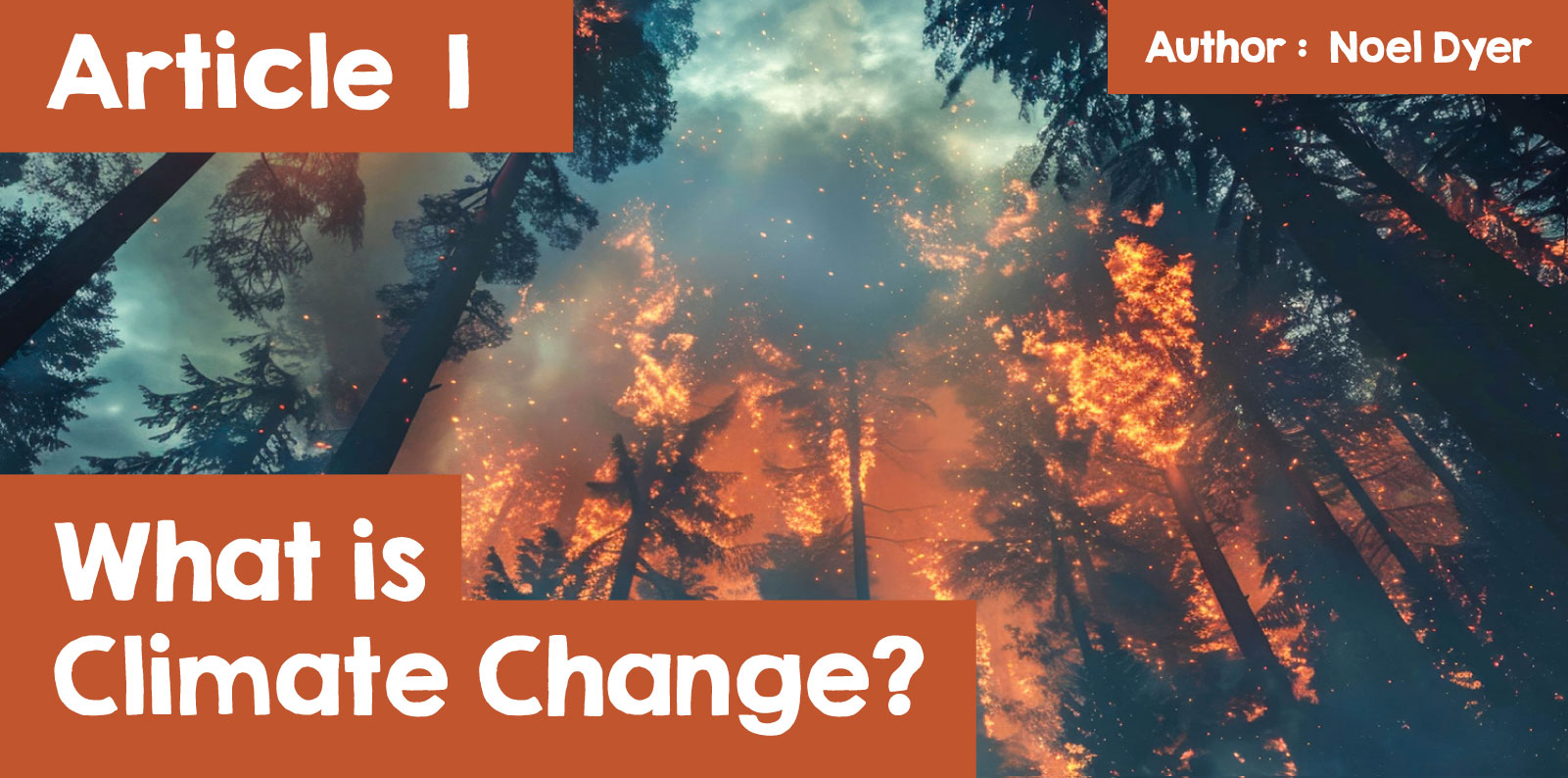What is Climate Change and how does it affect me?
According to the United Nations climate change refers to a long-term change in the world's temperature and weather pattern. Human activity is the main reason for this, particularly the burning of fossil fuels such as coal, oil and gas.

Here are some of the things that have caused concern in recent years:
- In 2023, sea temperatures reached the highest level ever recorded;
- The amount of carbon dioxide in the environment reached its highest ever level;
- The last four years are the hottest ever recorded worldwide;
- The ice at the north and south poles is thawing/melting faster than ever, causing sea levels to rise;
- The landscape in many countries is changing, e.g. fertile land turning into a desert and even the forests of the Amazon under threat.
These changes led to this statement from the Welsh Government:
'On behalf of the Welsh Government, yesterday I declared a climate emergency in Wales following a meeting with UK and Scottish Environmental Ministers in Cardiff' (Lesley Griffiths, 30 April 2019).
Of course, it's not the above points that scare people but the headlines about the impact of Climate Challenge worldwide. They are too numerous to list but here are some examples:
Floods in Spain
More than 200 people died in devastating floods in eastern Spain in the Valencia region. A year's worth of rain fell in 8 hours!
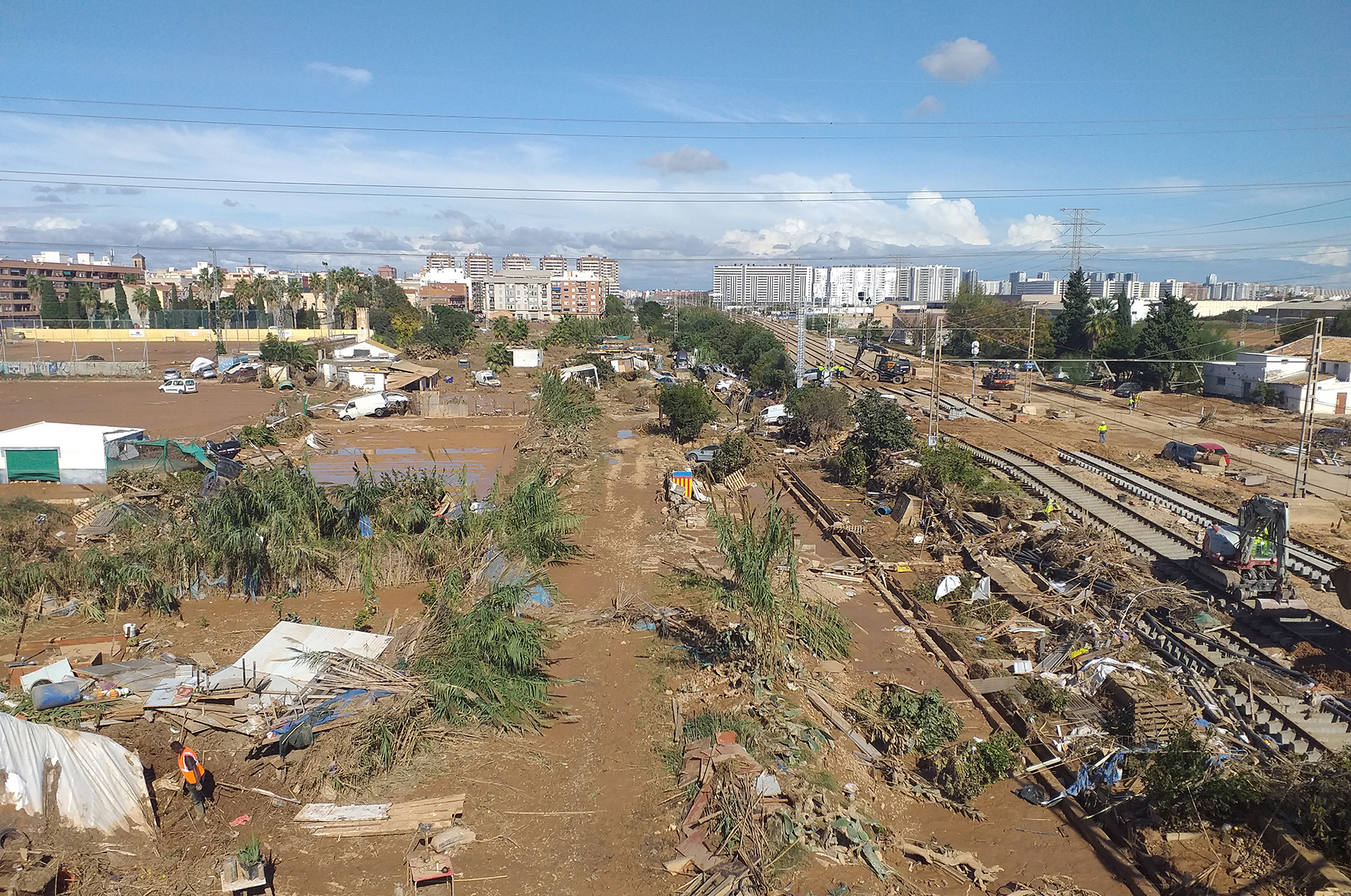 |
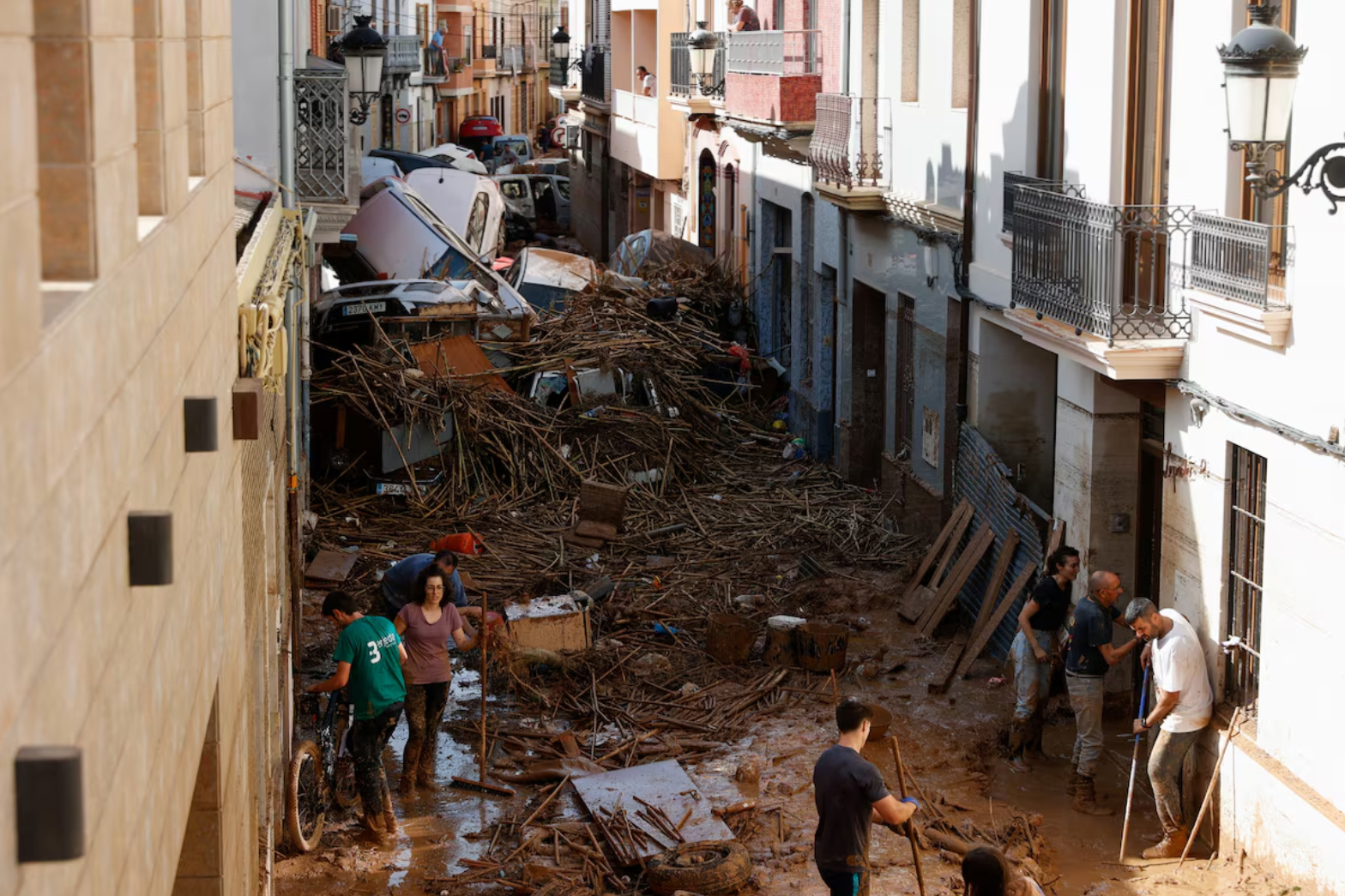 |
Central Europe
Four days of rain were followed by severe flooding in Romania, Slovakia, Austria and Germany.
Florida
Hurricane Milton struck Florida shortly after hurricane Helene, the most severe since hurricane Katrina in 2005. The damage was great.
West and Central Africa
There have been unprecedented floods in Nigeria, Cameroon, Chad, Mali and Ghana badly affecting four million people.
Fires in the Amazon
An attempt was made to reduce the number of trees being felled in the Amazon forest but there have also been severe fires in the area. High temperatures caused severe fires across the world, e.g. in Australia, Greece and Portugal.
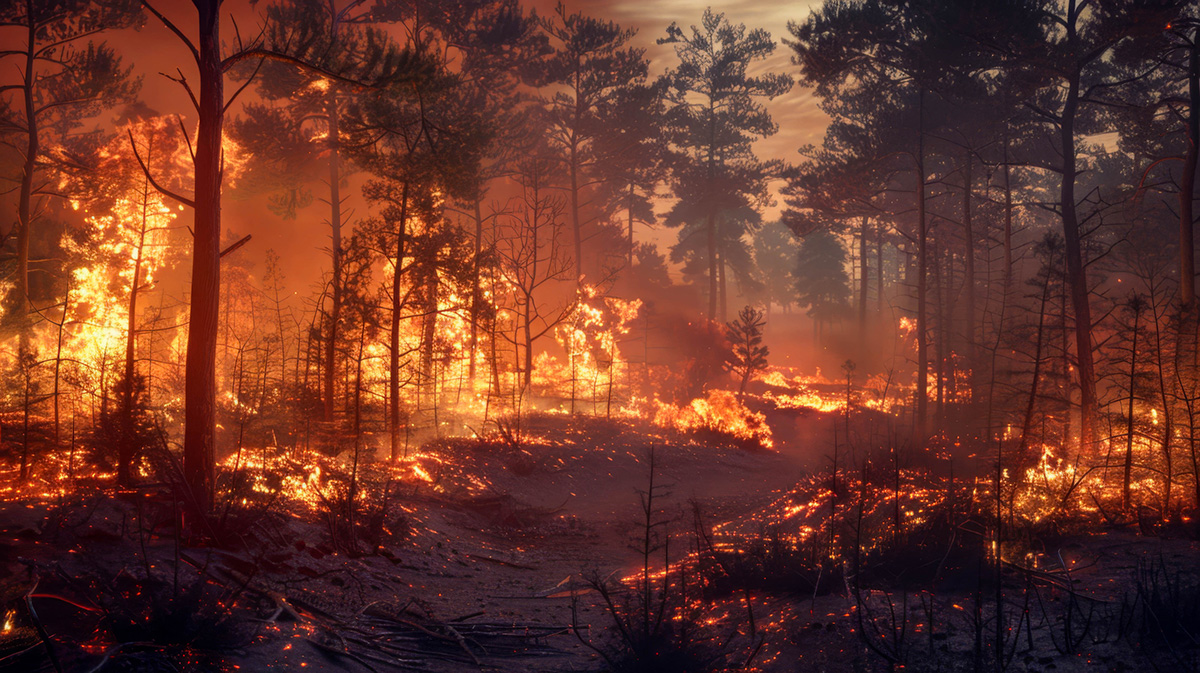 |
Bangladesh and India
These countries were affected by high heat and severe flooding following heavy and persistent rain.
Los Angeles Wildfire
Fuelled by powerful winds and dry conditions, a series of ferocious wildfires erupted in Los Angeles in January 2025. At least 25 people were killed and thousands had to evacuate from their homes. Many Welsh people were affected by the wildfires, such as Lynwen Hughes-Boatman, originally from Caerphilly but has lived in Altadena, California for 31 years. Thousands like Lynwen had to flee from their homes, unknowing what was left of their property and were not allowed to return to collect possessions or assess the damage as it was not safe due to the toxicity of the ash in the air.
"Everything's gone yet we can't go and see it, I'm in a sort of no-mans land. But on the other hand, given the toxicity of the ash, I don't want to go back, it's not safe." (Lynwen Hughes-Boatman, 2025)
Watch a video of Lynwen returning to her home street -Los Angeles Wildfires: 'Everything is gone' - BBC Cymru Fyw (Welsh Article)
Storm Bert in the UK
An event closer to home is the floods following Storm Bert in November 2024. Pontypridd, in Rhondda Cynon Taf particularly suffered as the River Taff burst its banks. More than a month’s worth of rain fell in a very short period and its result was that 200 properties were affected, including homes and businesses (Rhondda Cynon Taf County Borough Council).
These disasters feature in the headlines but there are less obvious consequences following climate change. One of these is the impact on nature. The way in which many species lose their habitat, e.g. as farming methods change and lands are lost for development. Rising global temperatures and various developments are having an impact on wildlife of all kinds. State of Nature's report states:
'Wales, along with the other countries of the UK... has experienced a significant loss of biodiversity... As a result, Wales is now one of the most nature-depleted countries on Earth.'
'18% of species are threatened. Of 3,897 species that have been assessed... 18% (663 species) are threatened with extinction from Wales.'
'Average 20% decline in species’ abundance.'
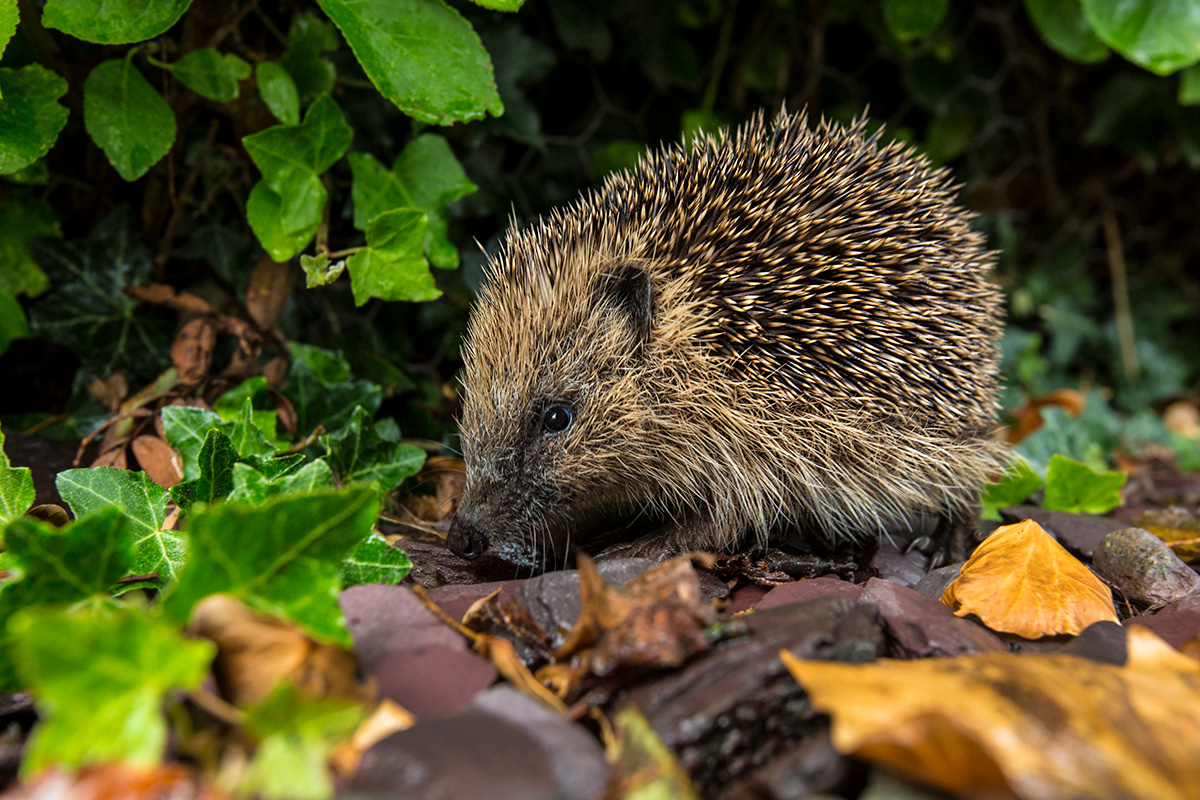 |
 |
What the people of Wales and the world face is how to respond to all this. It hardly needs saying that this is a matter of concern to people everywhere. Needless to say, the various religions of the world regard caring for the earth as part of humankind’s responsibility for God's creation. Some religions use the term stewardship which means that humanity has a responsibility for the earth and that we are here to take care of the world in order to pass it on to those who follow us, our children.
Here are some comments:
'God’s Earth is crying out for our care and if we do not urgently limit greenhouse gas emissions and the destruction of species we will permanently disfigure our common home preventing billions of God’s children from flourishing..' (The Church in Wales)

Jews just like Christians see humanity as stewards of the world:
'The Lord God took the man and put him in the Garden of Eden to work it and take care of it.' (Genesis 2:15)
'The earth is the Lord's, and everything in it, the world, and all who live in it.' (Psalm 24:1)
'As people alive today, we must consider future generations: a clean environment is a human right. It is, therefore, part of our responsibility toward others to ensure that the world we pass on is as healthy...' (The Dalai Lama, Buddhist leader)
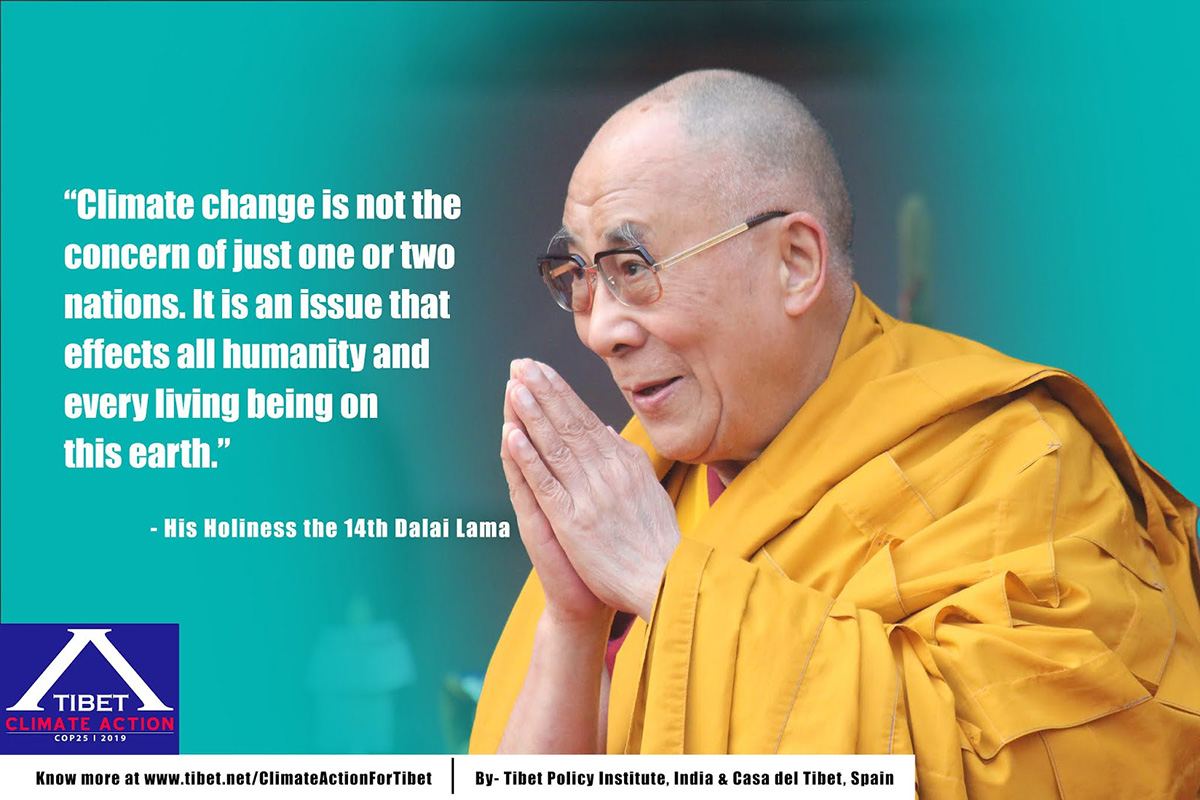 |
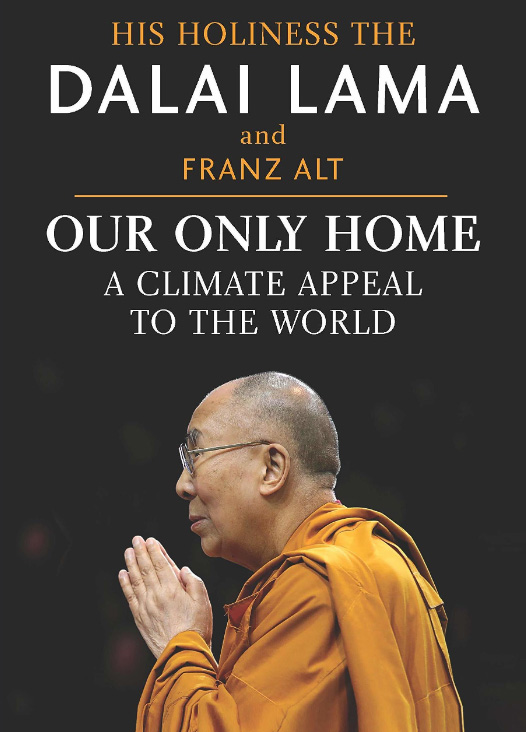 |
The following video comments on the views of several religions:
BBC Bitesize
Greta Thunberg is one of the world's best-known climate change campaigners. Her actions are not influenced by religion, but rather by her values and ethics, which are impacted by her beliefs/worldview.
'We can no longer let the people in power decide what hope is. Hope is not passive. Hope is not blah blah blah. Hope is telling the truth. Hope is taking action. And hope always comes from the people.' (Greta Thurnberg)

In Wales and beyond there are several intentions in place. The intention is to be carbon neutral by the year 2030. One example of this transition was the attention to the Port Talbot steelworks during 2024. The last traditional furnace has closed and a cleaner electric furnace will be developed. No power station now burns coal to generate electricity – cleaner or renewable methods must be used. It is not planned to build new roads, in the hope that there will be fewer cars and more use of public transport. It has been a hope to see more people walking and cycling.
 |
 |
The hope is to see ordinary people playing their part in all of this – turning to electric cars, recycling more, insulating their houses, using cleaner and renewable energy to heat houses, being more aware of the need to use less and waste less of the earth's resources. There is hope that people will also reduce their reliance on plastic, especially the single-use type – something as simple as refilling a water bottle instead of buying a plastic one.
Is this hope realistic for ordinary people to have to invest in new cars/solar panels?
One group of people who were particularly targeted were farmers and that has been a very contentious issue. Plans were developed in Wales for planting trees on 10% of the country's agricultural land and setting aside 10% for wildlife. There has been considerable resistance from farmers who were concerned about their livelihoods and the growing need for local food production.
Many farms across Wales might have already reached or exceeded the 10% threshold, however for others – such as farmers who do not own the land they farm, commons rights holders or those whose ability to plant trees is hampered by their location (e.g. Anglesey has high exposure to coastal winds meaning that growing trees can be difficult)– it may not be possible to commit to 10% tree cover.
According to a farmer from Llanrwst, “It is easy to accept the fact that tree planting can have a positive impact on our country's climate. But I feel that the Government have a pretty lazy approach to forcing all farms in Wales to ensure that 10% of their land is timber. More research is needed on the type of trees that would suit every farm/area in Wales. They should also consider that tree planting is not suitable in some parts of Wales and could inevitably lead to a negative impact in the long run. In these unsuitable places, I'm sure there would be more nature to see on the farm's land without planting additional trees. Another interesting thing to consider is that grass is just as good if not better at times than trees at controlling Carbon.”
While Welsh farmers fully recognise the role tree planting can play in helping to tackle the impacts of climate change, farmers believe tree planting targets must not be met at the expense of reducing Welsh agriculture's food production capacity.
As a result of the resistance the Welsh Government decided to put the plans on hold to enable further discussion.
Climate change is a global problem, and we all have a role to play in helping to reduce the impacts. Small commitments from all of us, whether recycling more or using public transport are all helping to tackle the problem.


